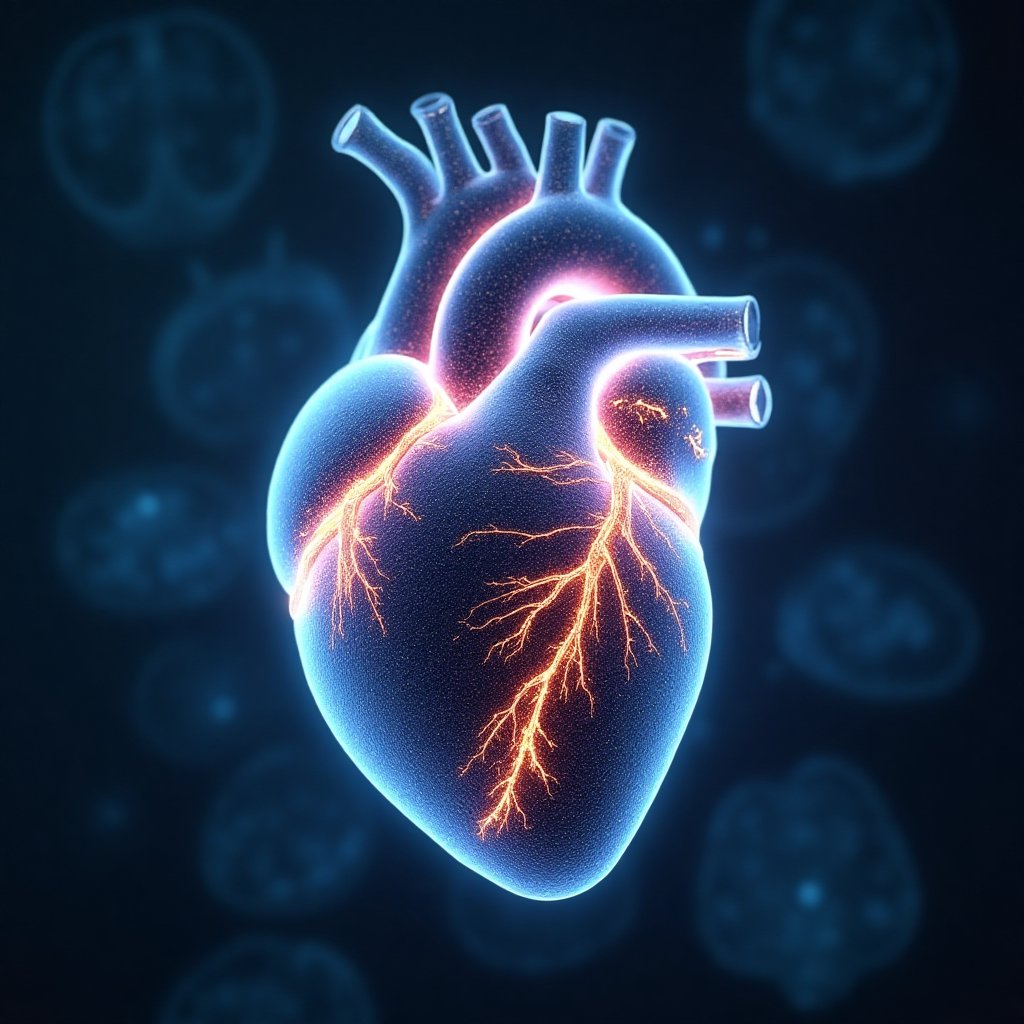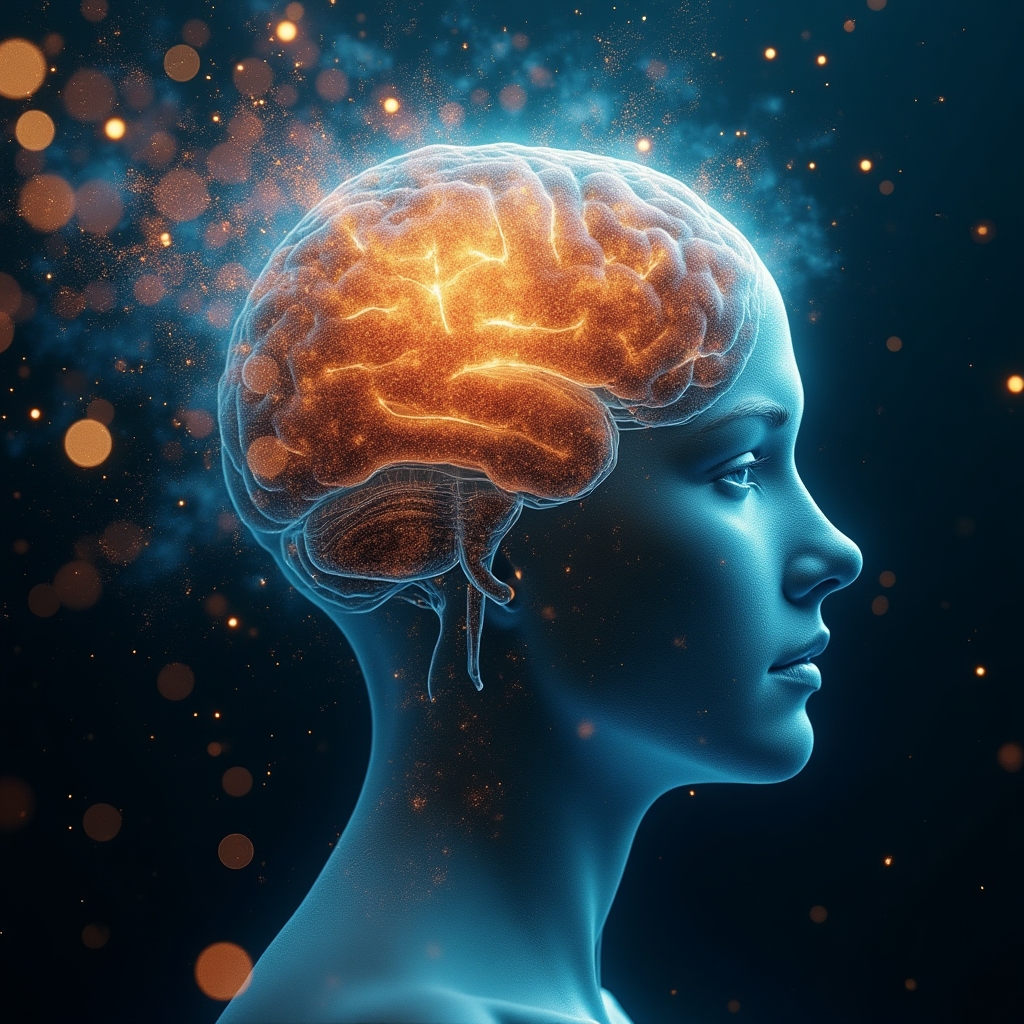When it comes to heart health, knowledge is power. And today, thanks to advancements in medical technology, we have a powerful tool that can give us a crystal-clear picture of what’s happening inside our hearts: the CT scan. In this article, we’ll dive deep into the world of cardiac CT scans, inspired by the insights shared by Dr. Pradip Jamnadas, MD, a renowned cardiologist from Cardiovascular Interventions in Orlando. Buckle up, because this isn’t just another medical article—it’s a journey into the heart of modern cardiology and why this technology is a game-changer for your health.
Why a CT Scan for the Heart?
So, why would a cardiologist use a CT scanner in their office? The answer lies in its ability to capture detailed images of a moving target: your heart. Unlike other organs, the heart is in constant motion, making it a tricky subject for traditional imaging techniques. Enter the 64-slice CT scanner—a marvel of modern medicine that allows doctors to peer into the heart’s inner workings in just minutes. Dr. Jamnadas explains that this technology is particularly useful for patients who fall into the "intermediate risk" category for coronary artery disease (CAD). For these individuals, a CT scan can be a lifesaver—literally.
The process is simple yet revolutionary. The patient lies down on a table, which moves through the scanner. A contrast dye is injected into a vein, and as it travels through the heart, the scanner captures detailed images of the blood flow and arteries. This dual-purpose test can reveal everything from calcium buildup in the arteries (a key indicator of atherosclerosis) to actual blockages or narrowing in the coronary arteries. It’s like having a GPS for your heart—mapping out potential trouble spots before they become critical.
The CT Angiogram: A Non-Invasive Window Into Your Heart
One of the most exciting applications of cardiac CT scanning is the CT angiogram. Often referred to as a "non-invasive cardiac catheterization," this test provides a detailed view of the coronary arteries without the need for surgery. Dr. Jamnadas highlights that today’s technology allows cardiologists to detect narrowing in the arteries, congenital abnormalities, and even evaluate the heart’s valves and muscle function. It’s not just about spotting blockages—it’s about understanding the heart’s overall health.
But what happens if there’s extensive calcium buildup? While this can create some imaging challenges (known as artifacts), modern CT scanners are remarkably adept at cutting through the noise. The result? A comprehensive picture that can reveal:
- Previous heart attacks
- Areas of the heart that aren’t moving properly
- Blood clots in the left ventricle or atrium
- Aneurysms of the heart
- The thickness of the heart muscle
Talk about a multitasker! This versatile test is quickly becoming a cornerstone of modern cardiology, offering patients a safer, faster, and more accurate alternative to traditional methods.
Is It Safe? Addressing Concerns About Radiation
One of the biggest concerns patients have about CT scans is radiation exposure. But here’s the good news: advancements in technology have significantly reduced the radiation dose in recent years. In fact, Dr. Jamnadas points out that the radiation from a cardiac CT scan is often lower than that of a nuclear stress test. And for those with allergies to contrast dye, pre-medication can make the procedure safe and comfortable. So, if you’ve been putting off this test because of radiation fears, it’s time to rethink that decision.
The Bigger Picture: Why This Matters to You
Let’s zoom out for a moment and look at the bigger picture. Heart disease remains the leading cause of death worldwide, claiming 17.9 million lives each year. But here’s the kicker: many of these deaths are preventable. Early detection is key, and that’s where cardiac CT scans come in. By identifying issues before they escalate, this technology gives patients a fighting chance to take control of their health.
But it’s not just about prevention—it’s about empowerment. Knowing the state of your heart allows you to make informed decisions about your lifestyle, diet, and treatment options. It’s like having a roadmap to a healthier, longer life.
What’s Next? Taking Action for Your Heart Health
If you’re in the intermediate risk category for heart disease—or even if you’re just curious about your heart’s health—it’s time to talk to your doctor about a cardiac CT scan. Early detection could be the difference between life and death. And don’t forget to check out health monitors and devices on Amazon to stay on top of your health at home.
Here’s the bottom line: your heart is the engine that keeps your body running. Don’t wait until it sputters to give it the attention it deserves. Take the wheel, and steer toward a healthier future.
Thought-Provoking Questions:
- When was the last time you had a comprehensive heart health check?
- Do you know your risk factors for coronary artery disease?
- How could early detection transform your approach to health and wellness?
Join the conversation in the comments below and become part of the iNthacity community—the "Shining City on the Web". Like, share, and let’s work together to build a healthier future.
Disclaimer: The information provided in this article is for educational purposes only and is not a substitute for professional medical advice, diagnosis, or treatment. Always seek the advice of your physician or other qualified health provider with any questions you may have regarding a medical condition.
Quote: "The heart is one of the most vital organs in the body, and early detection of heart disease can significantly improve outcomes." – Mayo Clinic
Wait! There's more...check out our gripping short story that continues the journey: The Artifact of the Forgotten Storm
Disclaimer: This article may contain affiliate links. If you click on these links and make a purchase, we may receive a commission at no additional cost to you. Our recommendations and reviews are always independent and objective, aiming to provide you with the best information and resources.
Get Exclusive Stories, Photos, Art & Offers - Subscribe Today!


























1 comment